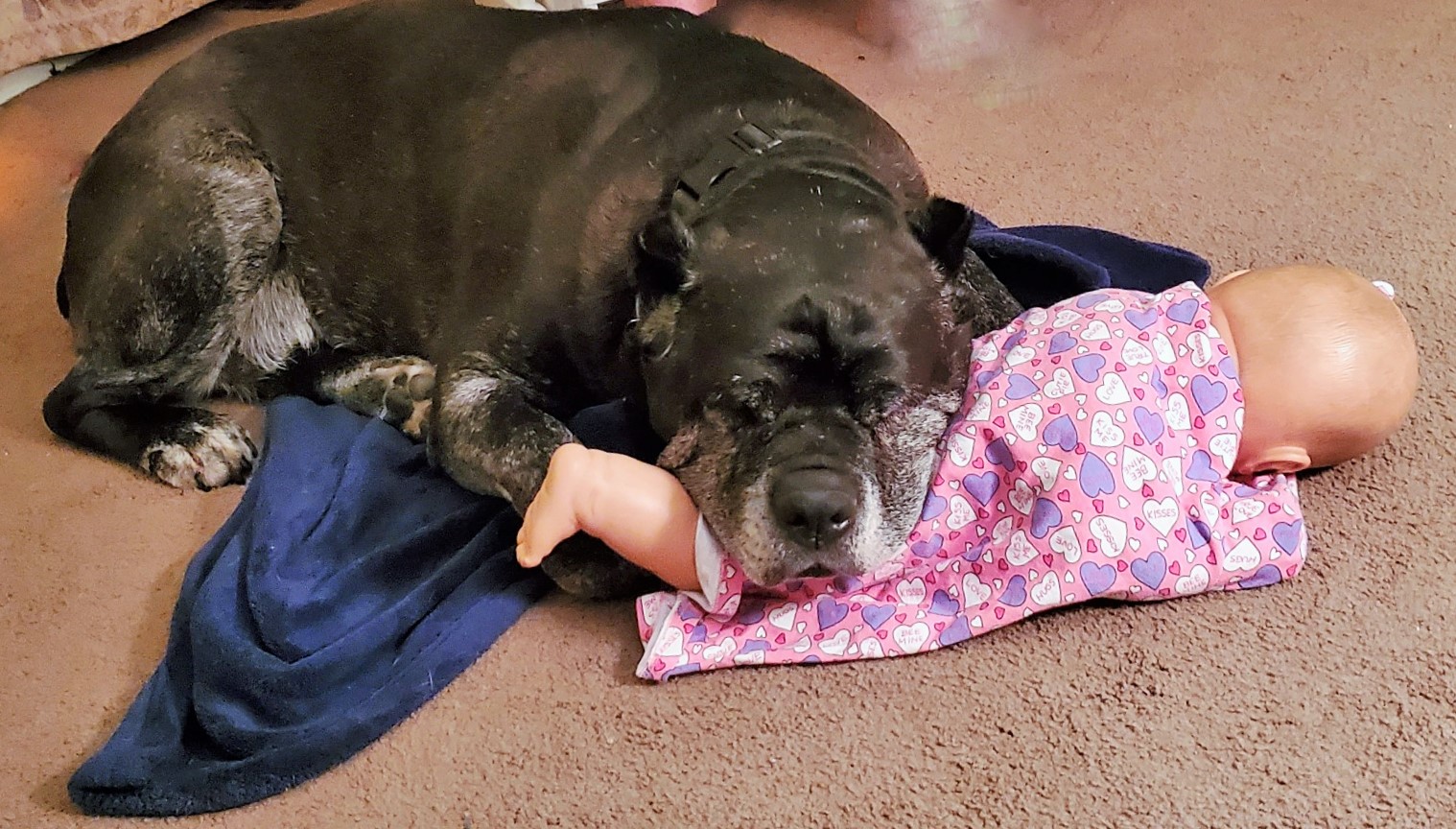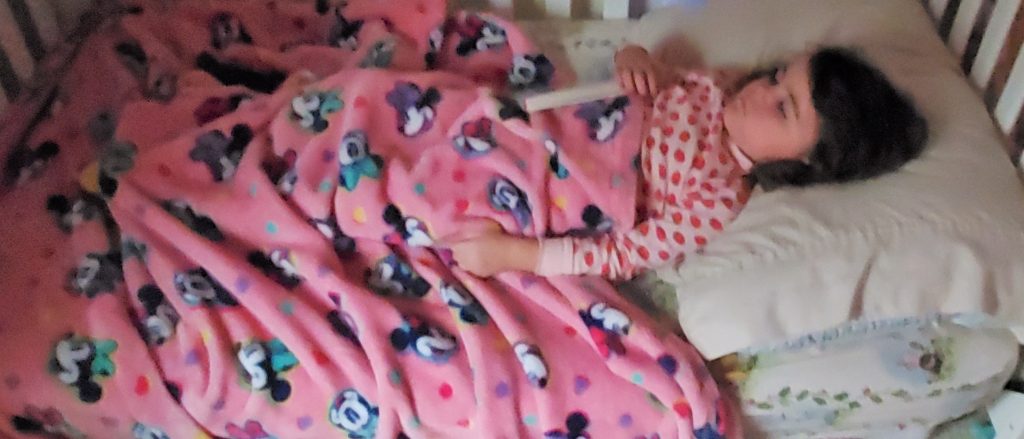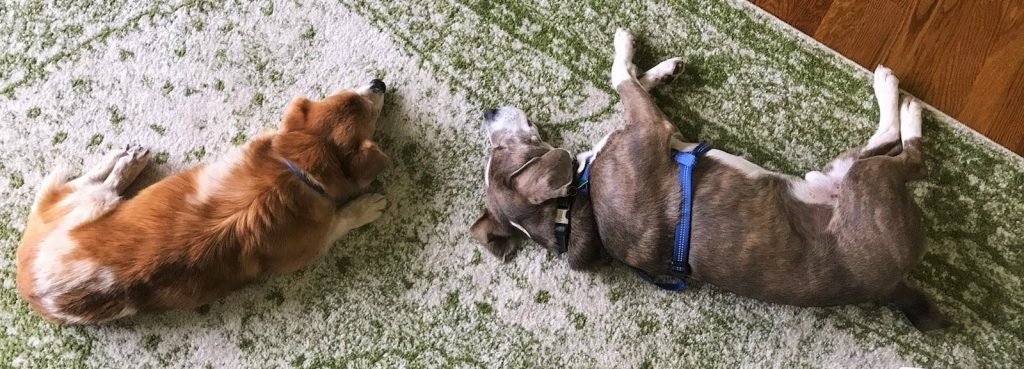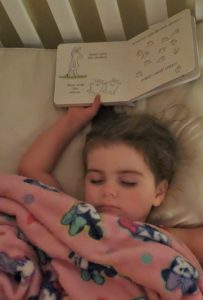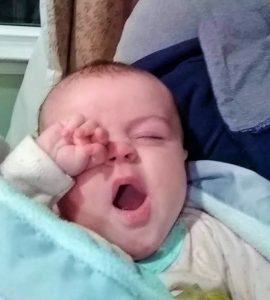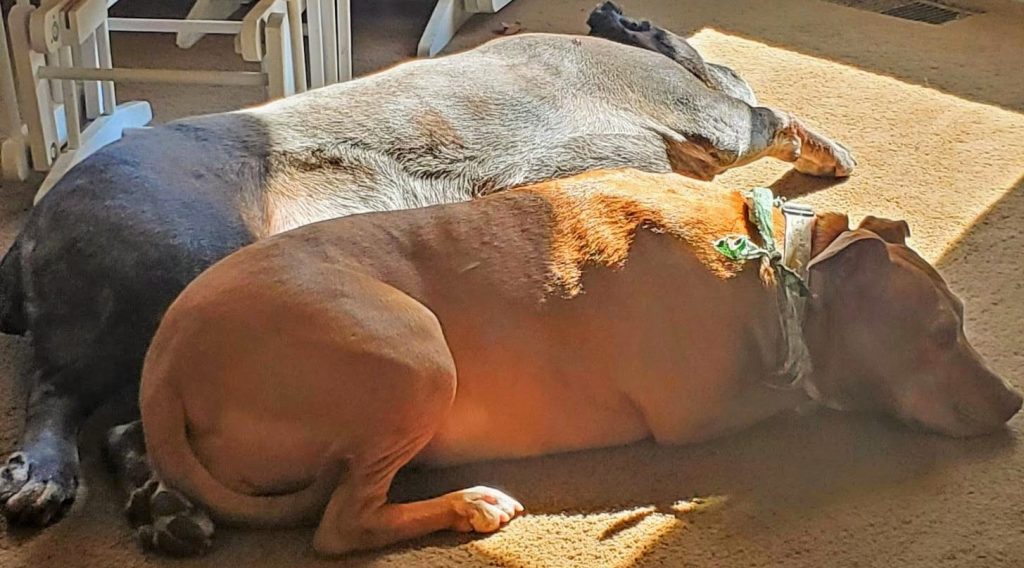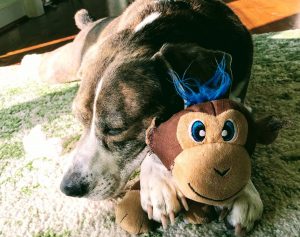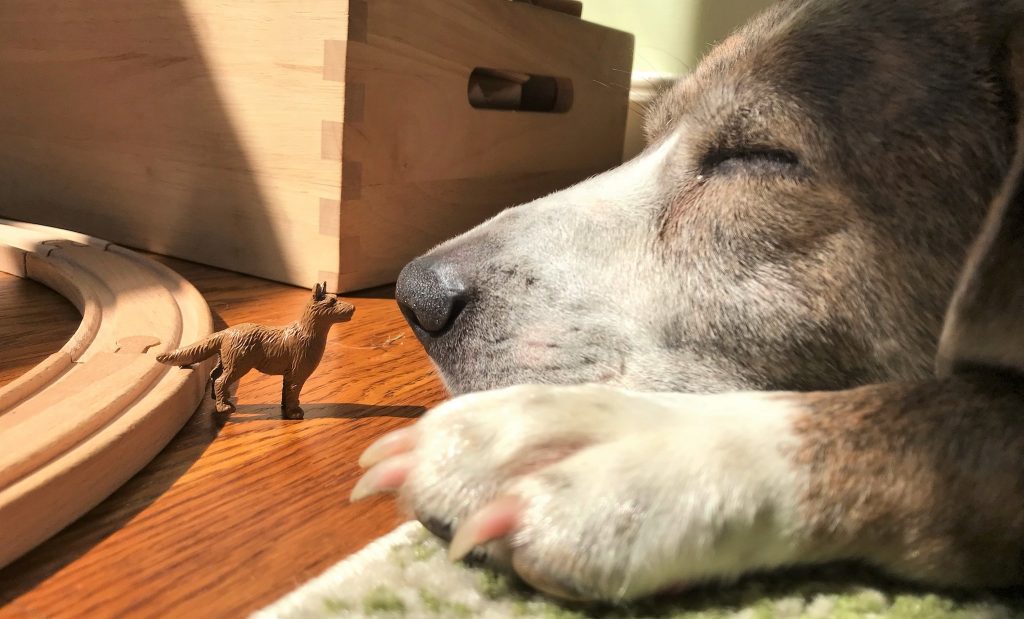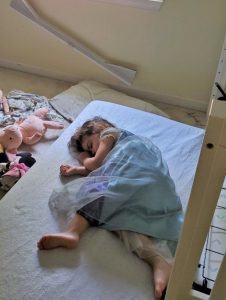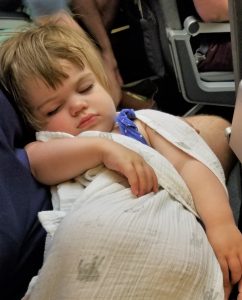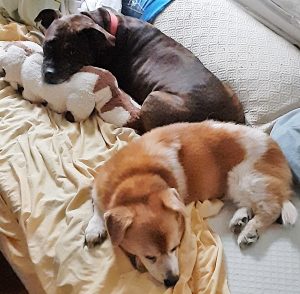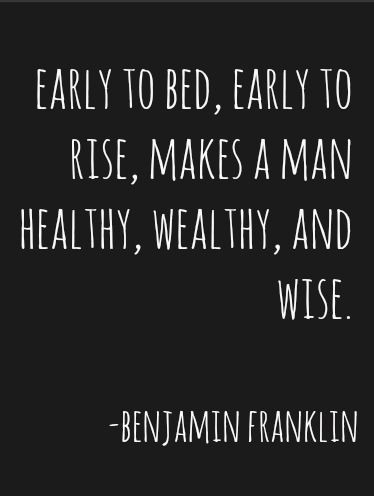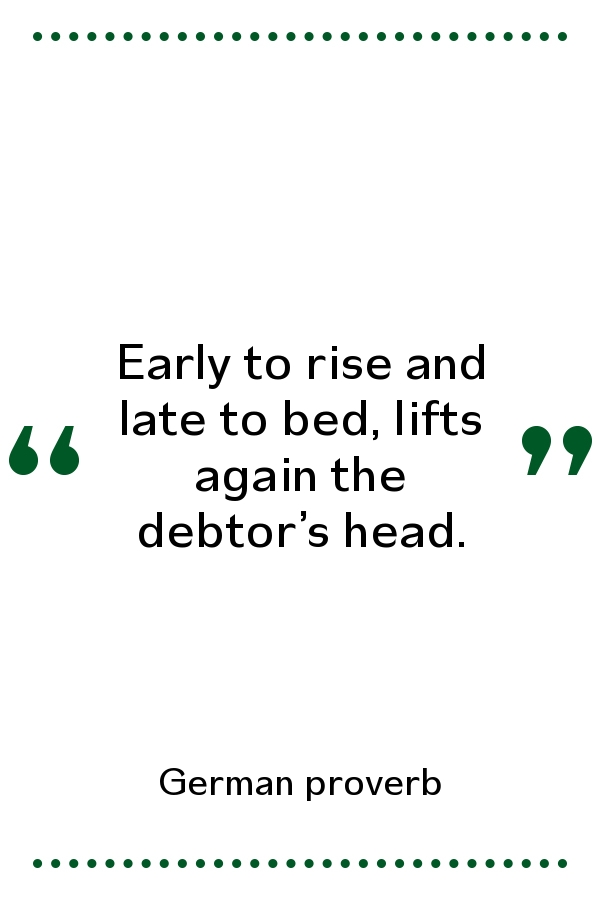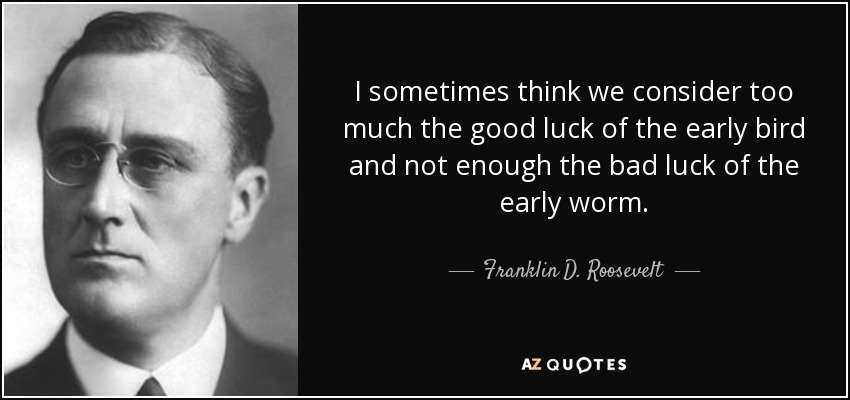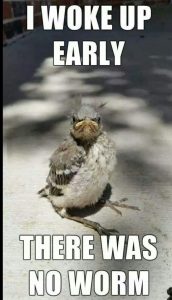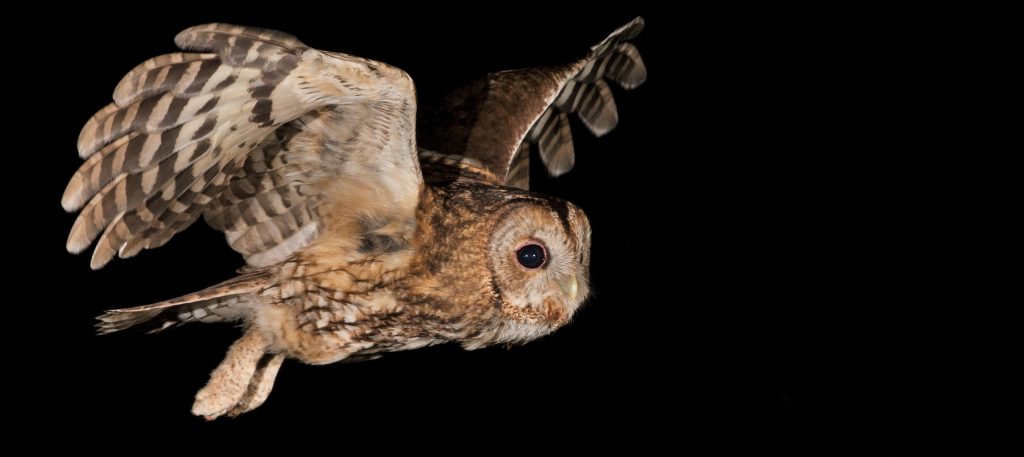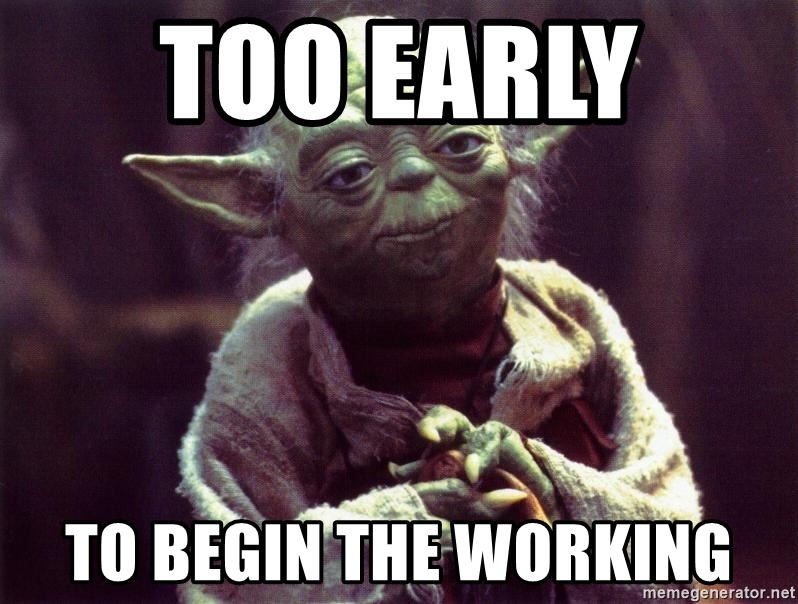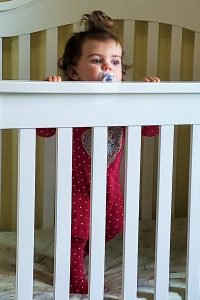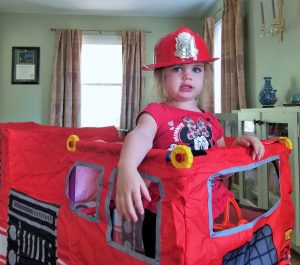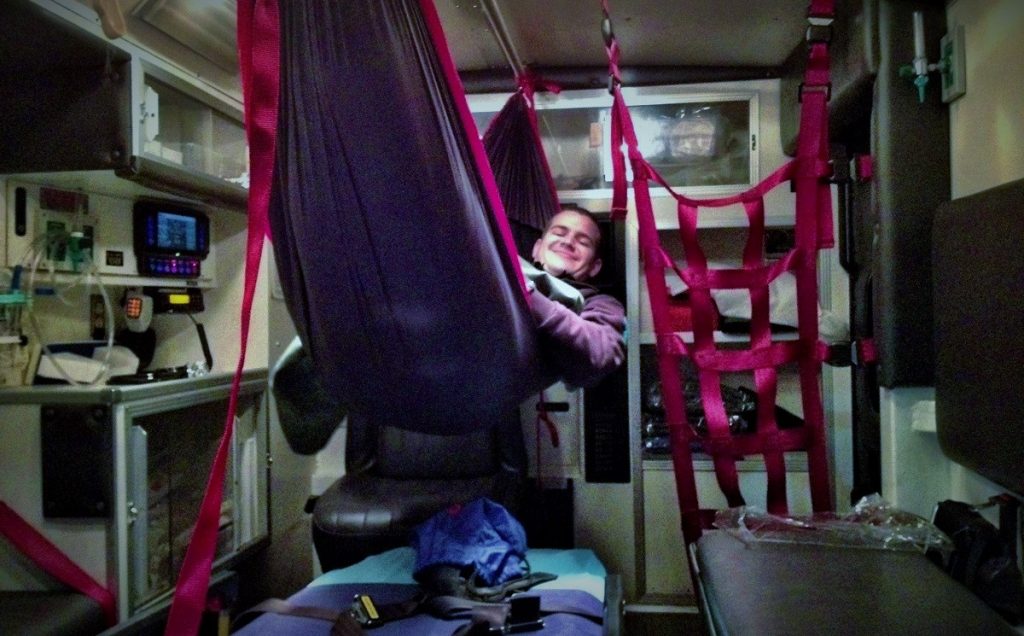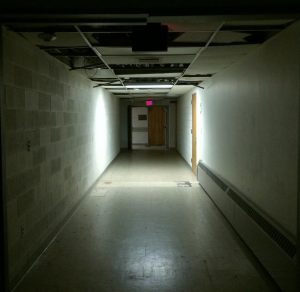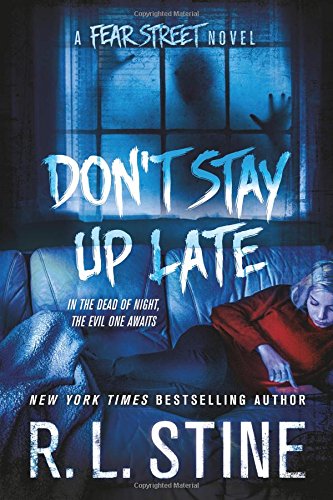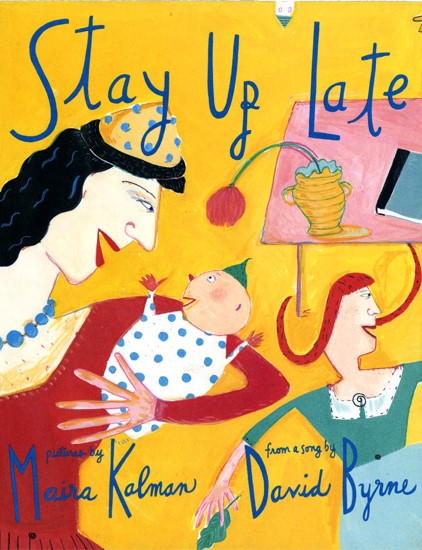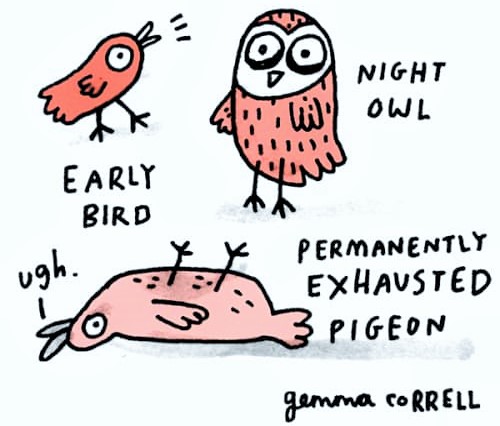Even without pausing to think, people can easily describe their sleep habits. What does your character think and feel about about his or her own ? Is sleep a welcome respite or a necessary evil? What’s necessary for your character to fall asleep—and stay there? Is insomnia a chronic condition, or only within the plot situation? Does your character sleep as an escape mechanism? Does your character take sleep aids? Self-medicate with alcohol? Does sleep feel like a waste of time?
Deviating From Eight Hours
By now, pretty much everyone knows that, on average, people spend approximately one third of their lives sleeping. Anything that time-consuming must impinge on people’s (characters’) awareness.
It turns out most people sleep about 7 hours a night, so that would be “normal.” Fewer than 6 hours a night means one is a short sleeper, and more than 8 hours a night is a long sleeper. Does it matter?
People tend to perceive short sleepers as high-energy, productive, and on top of things. Long sleepers are often perceived as lazy, or at least not hard workers.
What is your character’s sleep duration? Is s/he happy with with it? Smug? Defensive? Self-conscious?
Sleeping longer is better for physical health. A study published in the American Journal of Epidemiology titled Sleep Duration and Survival Percentiles Across Categories of Physical Activity says sleep duration affects physical health: Those who get less than six hours of sleep are at increased risk of diabetes, hypertension, and early death even if they’re active and exercise regularly.
But can one sleep too much? Not if you maintain a reasonable level of physical activity. (Inactive long sleepers also die earlier, usually from cardiovascular problems.)
Keep this in mind when creating realistic characters.
Early Birds vs. Night Owls
Early birds tend to get up early without setting an alarm, and even on the weekend. Mornings are the most productive times. And activity trackers indicate that early birds actually move 60-90 more minutes per day. They fade in the evening, often in bed by 10:00.
There is a middle group: Day people sleep a little later and are most effective in the afternoon.
Night owls sleep as late as possible and are up well past nightfall, into the wee hours of the morning. Night owls tend to sit more and move less, even when researchers factored for education and health conditions—so need to make an effort to move more for health reasons! And because this pattern doesn’t fit the world at large, making appointments for doctors, etc., can be problematic. Robo-calls while still in bed are especially annoying!
Stereotypes favor early risers for being healthy, wealthy, and wise. On the other time, creative types often report that their best work hours are evening/wee hours of the mornings.
NB: sleep patterns can change naturally over the lifespan. Infants sleep almost constantly; teenagers seem to sleep only while in a classroom setting.
What is your character’s sleep rhythm? Is it felt to be a blessing, a burden, or relatively irrelevant fact of life? Does s/he struggle against the “natural” rhythm? If so, why? Does your character push the limits for staying awake and then “catch-up” later?
Napping
Some people doze off while sitting in a chair; some settle into a recliner and nap intentionally; and yet others can only nap in their own beds, often with shoes off and tight clothes loosened.
Some take “power naps” for 15 minutes or so during the work day; others nap for an hour or more at a time.
Napping offers several benefits for healthy adults, including
- Relaxation
- Reduced fatigue
- Increased alertness
- Improved mood
- Extended functioning hours later
- Improved performance, including quicker reaction time and better memory
Napping can also have negative effects, such as
- Sleep inertia: feeling groggy and disoriented after waking up from a nap.
- Nighttime sleep problems.
- Short naps generally don’t affect nighttime sleep quality.
- People who experience insomnia or poor sleep quality at night, napping might worsen these problems.
- Insomniacs often have trouble napping at all because it takes longer to fall asleep than the allotted duration of the nap!
Does your character nap? Where? Why? And is s/he okay with that?
Dreaming
Does your character claim not to dream? If so, s/he is mistaken. People team an average of 7 times a night during so-called REM sleep. These dream periods get longer as the night’s sleep progresses. Chances are, your dream denier simply doesn’t wake up within ten minutes of dreams ending.
Are dreams important to your character? Some people mine dreams for clues to their inner lives, creative insight, and even hints of the future. Some people treasure dreams as raisers of awareness of non-conscious problems or conflicts. Some believe internal conflicts actually get solved during dreams. Some dreams are erotic and can lead to sexual release. And some people keep dream journals for later review and inspiration for creative works.
Like other dreams, nightmares often include elements of real life: anxiety, fears, failures, embarrassments, or trauma. People do not wake up happy from nightmares. Because nightmares are a disruption of the REM cycle rather than a part of it, a sleeper with nightmares wake up less refreshed than before. (Nightmares are not the same as night terrors.)
Lucid dreaming is less well-known than other sorts of dreams. According to Psychology Today, “During lucid dreaming, which most commonly occurs during late-stage REM sleep, a dreamer is aware that they’re asleep, but is able to control events within their dreams, to some extent.” Lucid dreamers report willing themselves to fly, fight, or act out sexual fantasies. There are communities dedicated to learning how to lucid dream at will, although evidence that this is possible remains inconclusive. Still, that doesn’t mean your character can’t be a dedicated lucid dreamer!
Research indicates that dreaming is crucial to intellectual functioning, memory consolidation, and mood regulation. A sleeper who is allowed to undergo every part of the REM cycle except dreaming will eventually develop the same problems as severe sleep deprivation, including hallucinations and strokes!
What is your character’s dream scape? Are dreams remembered? Are they amusing, irritating, or sources of unease? Does your character talk about his/her dreams? If so, to whom?
Bottom line: sleep—and everything associated with it—can make your plot richer and your character more realistic.
A while back (March 10, 2020, to be exact) I wrote a blog Sleeping Alone and Together, about gender and personality reflected in sleep positions.
